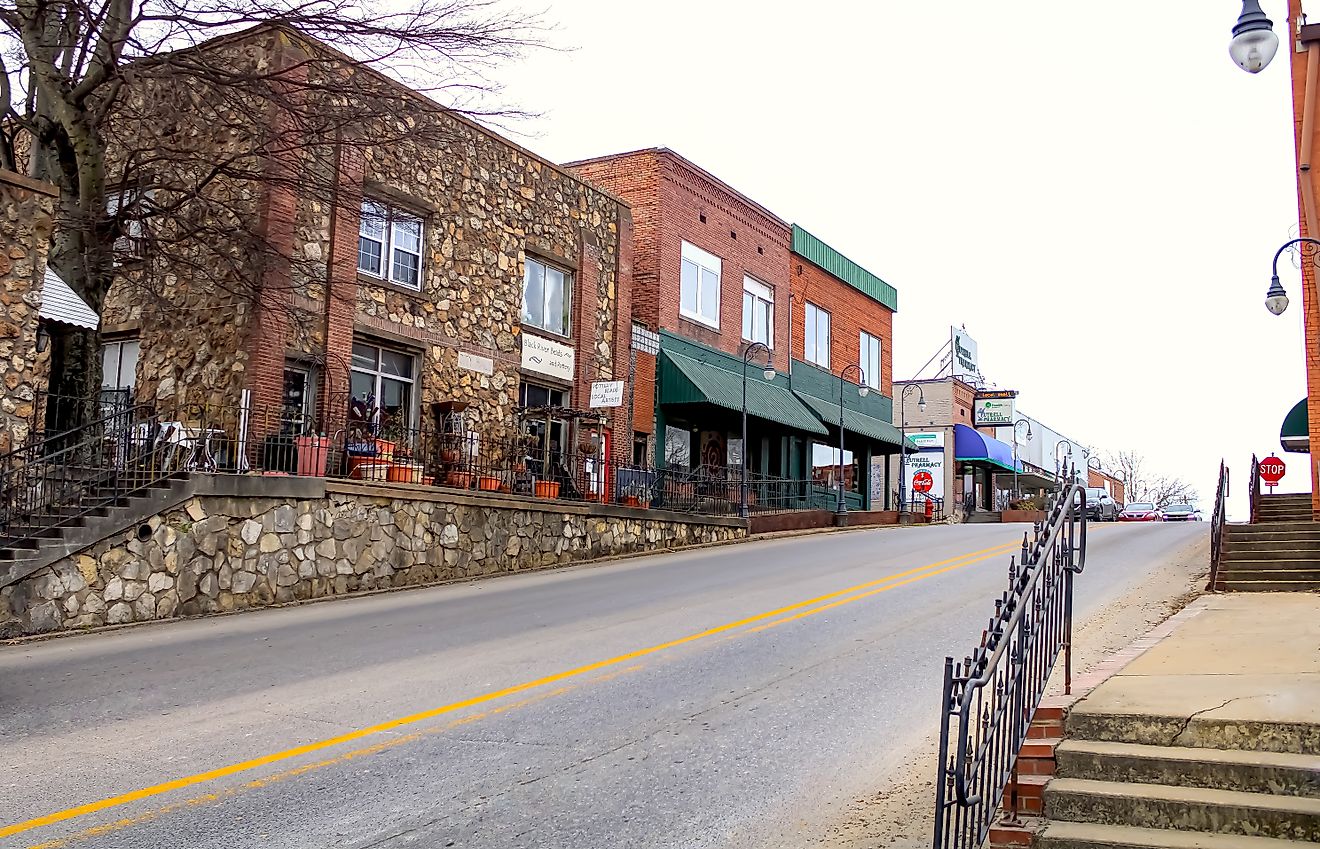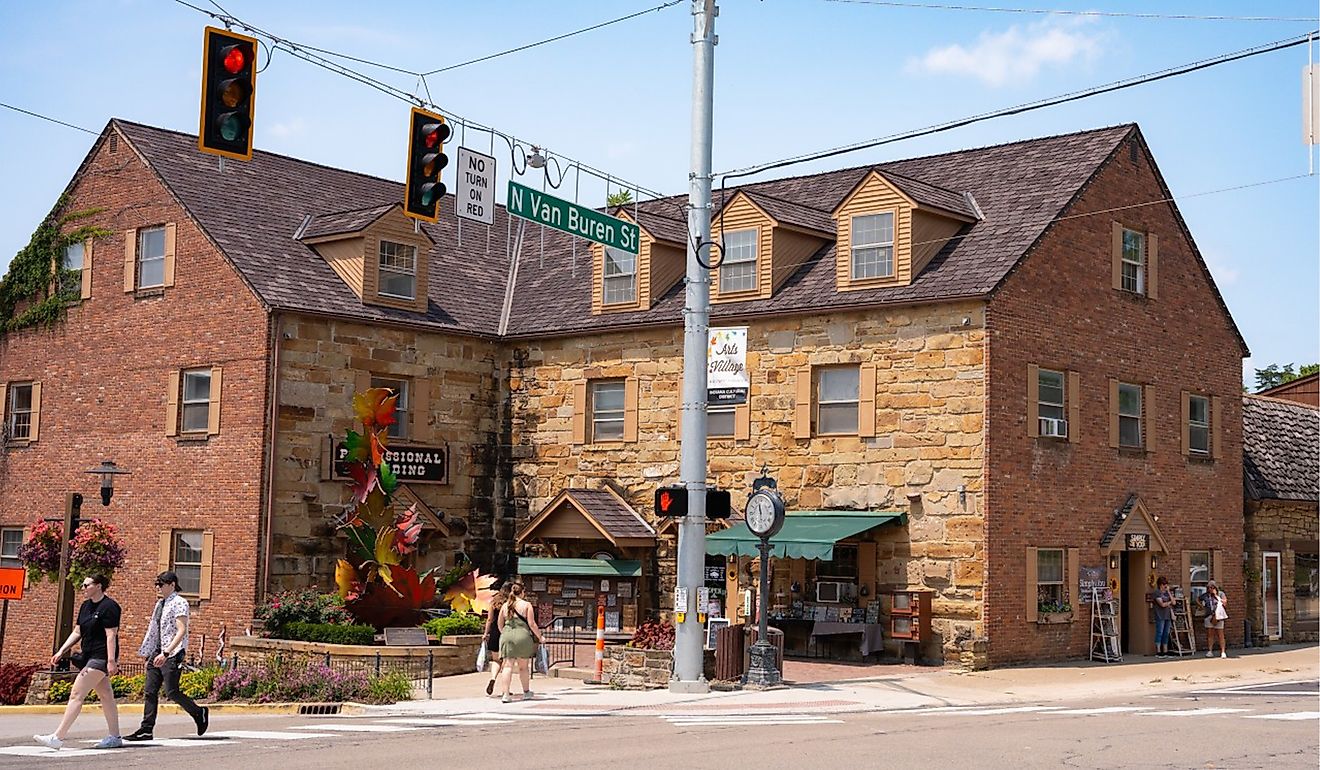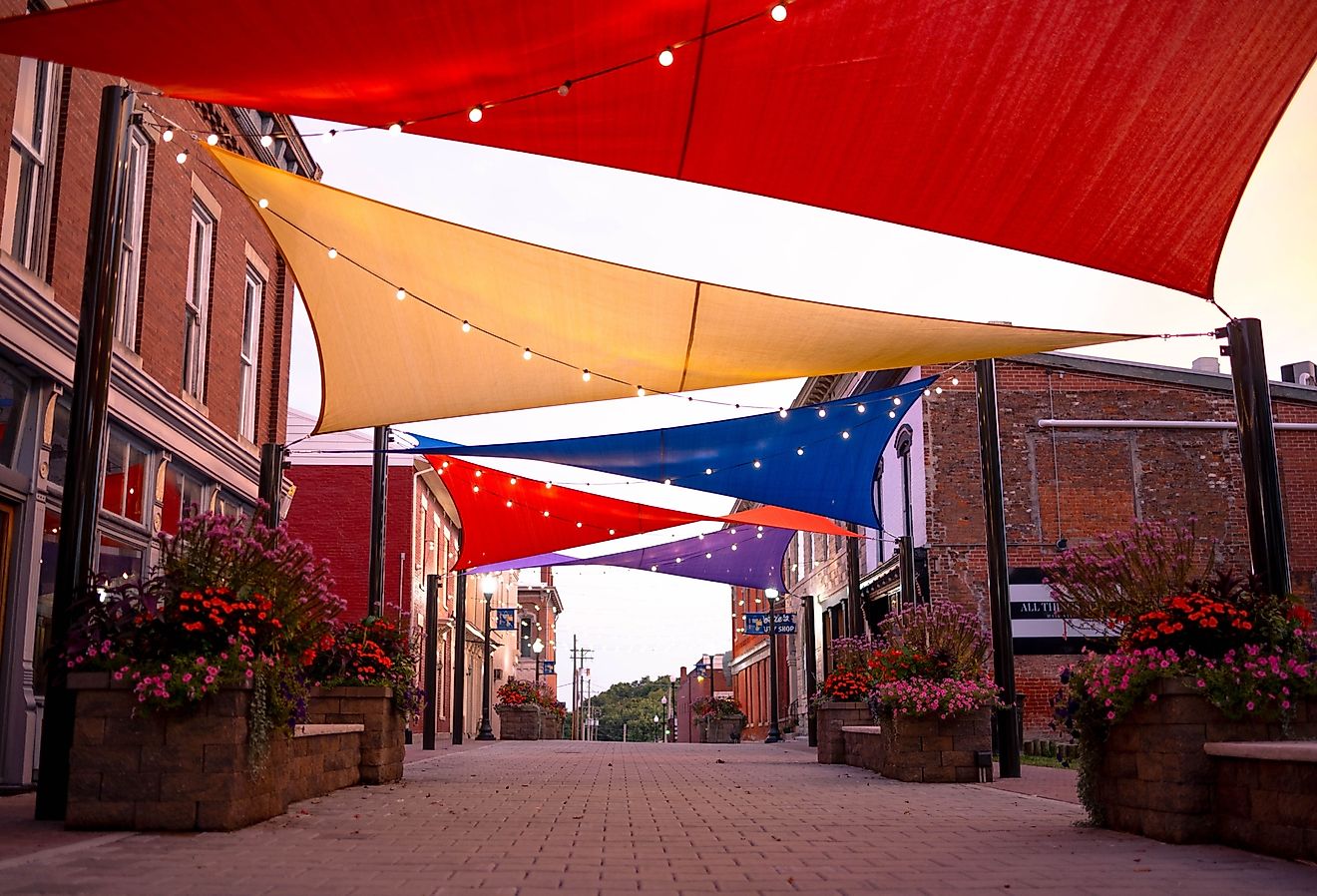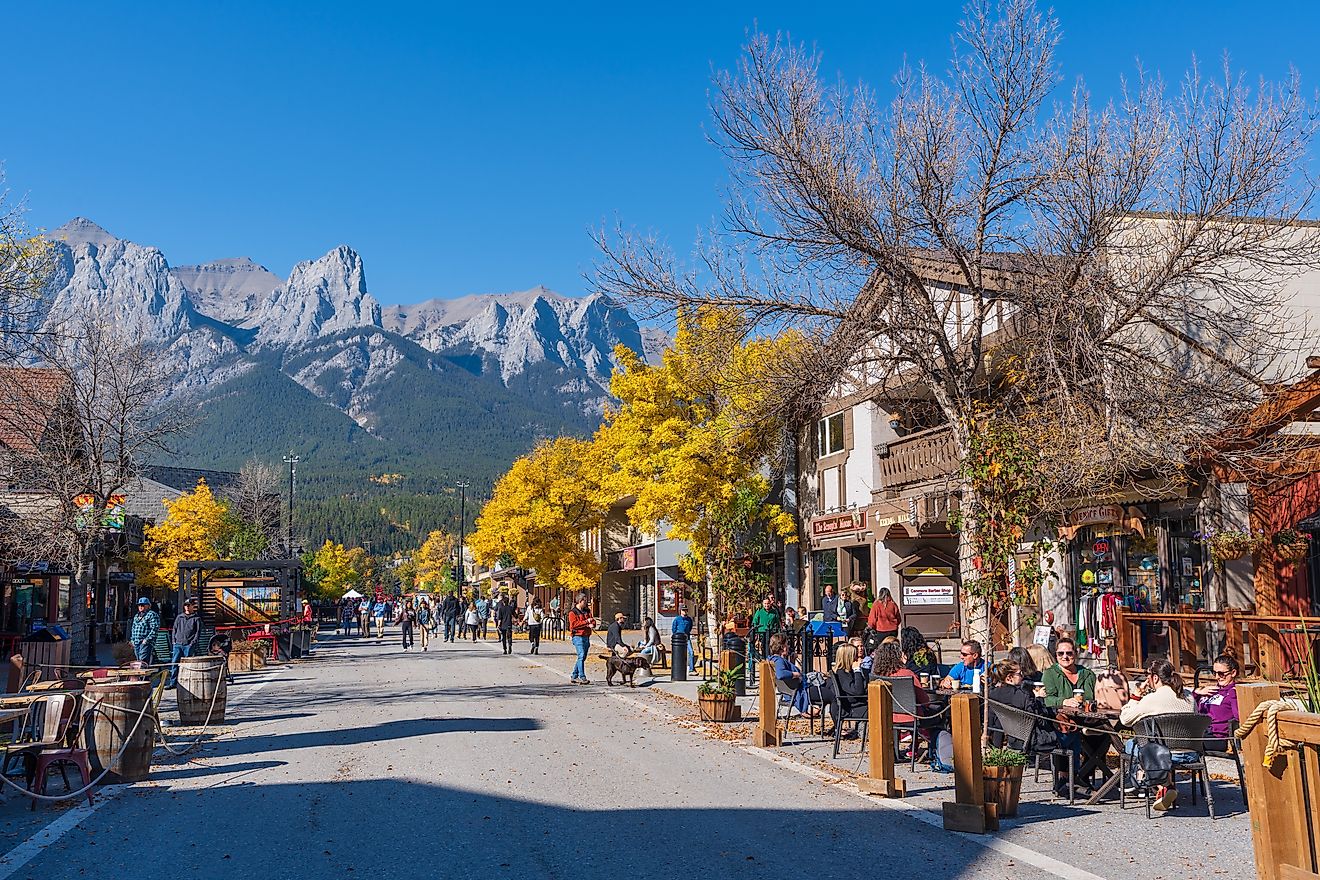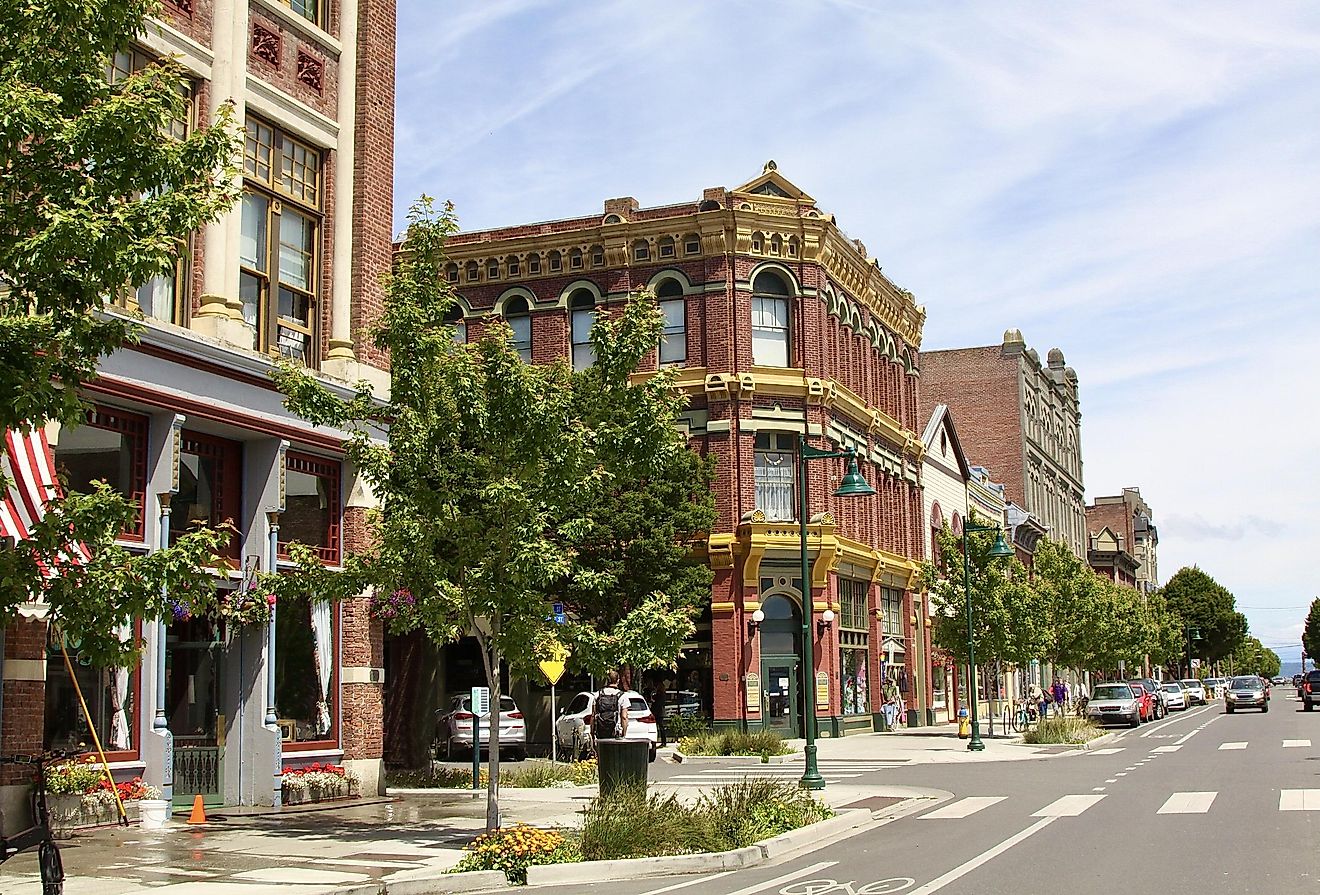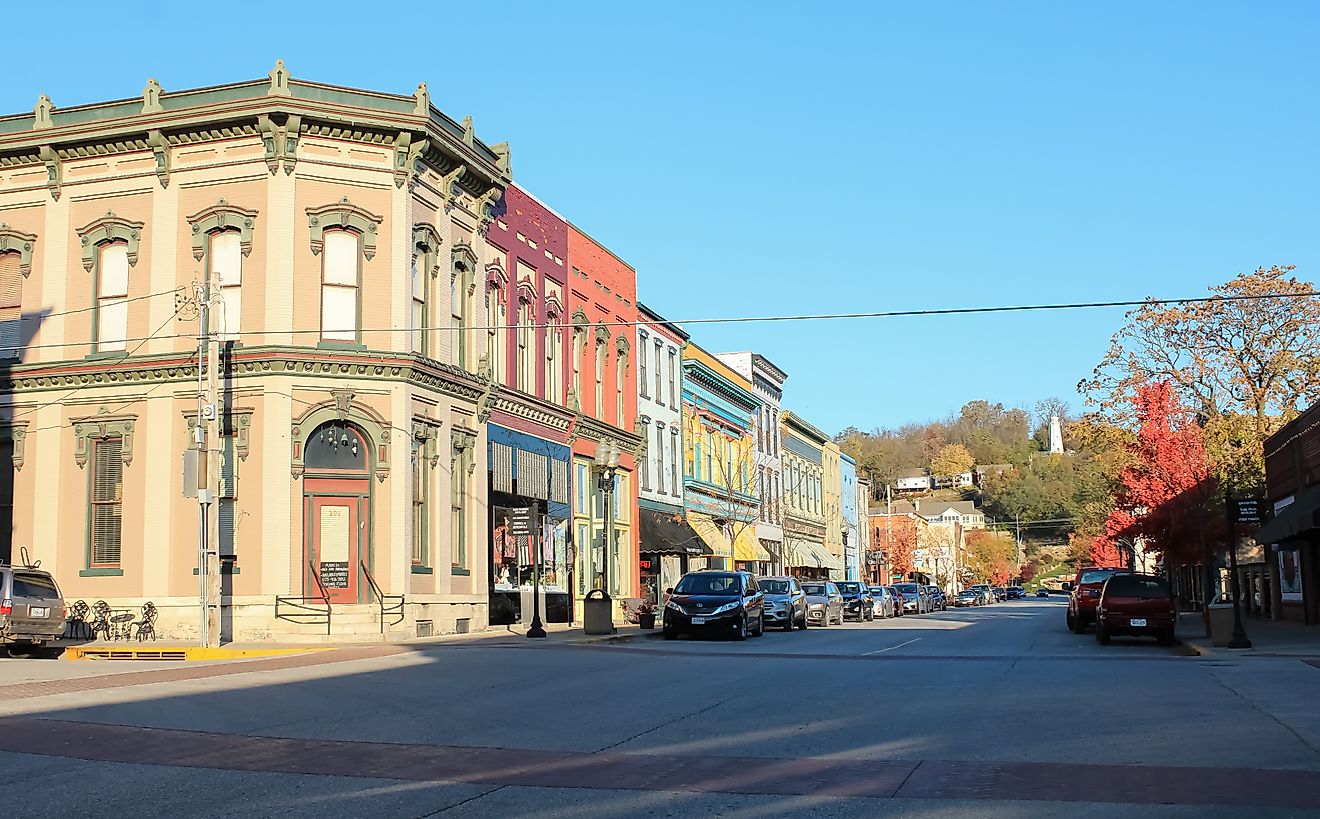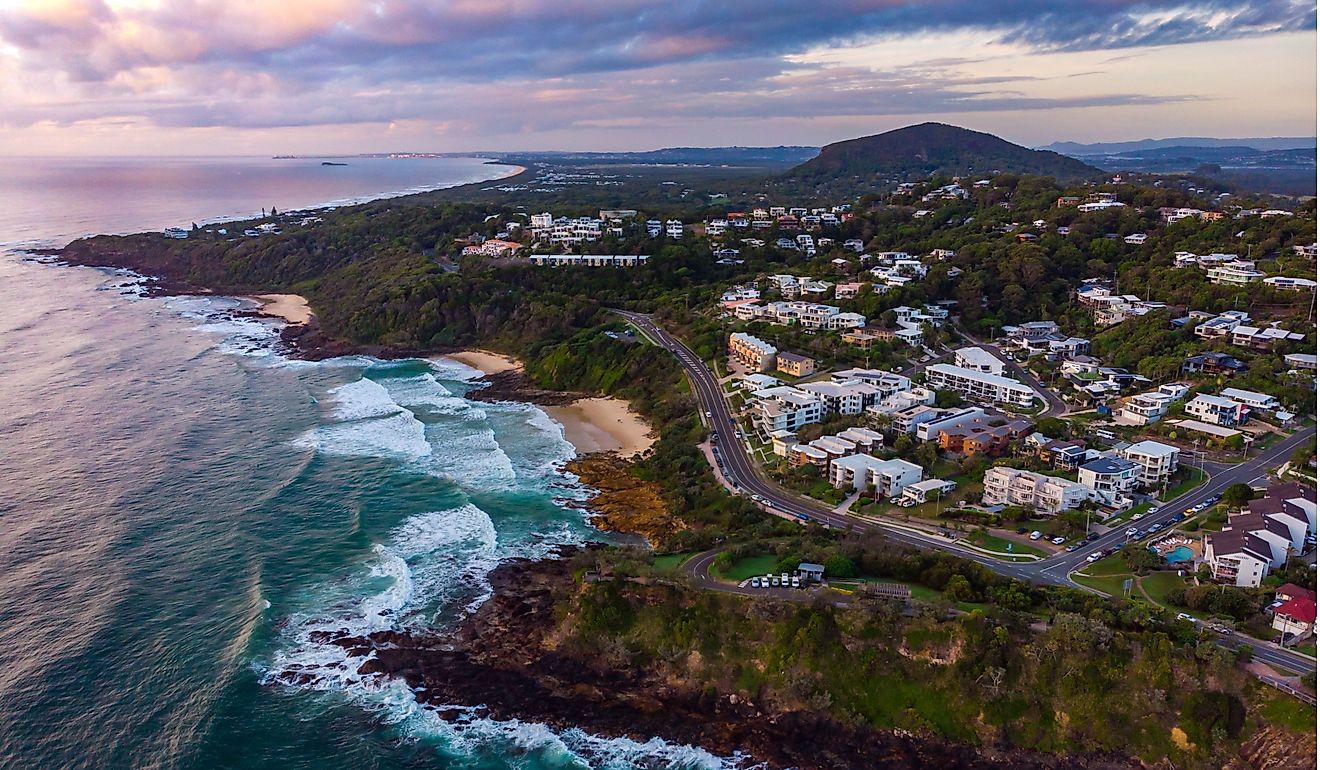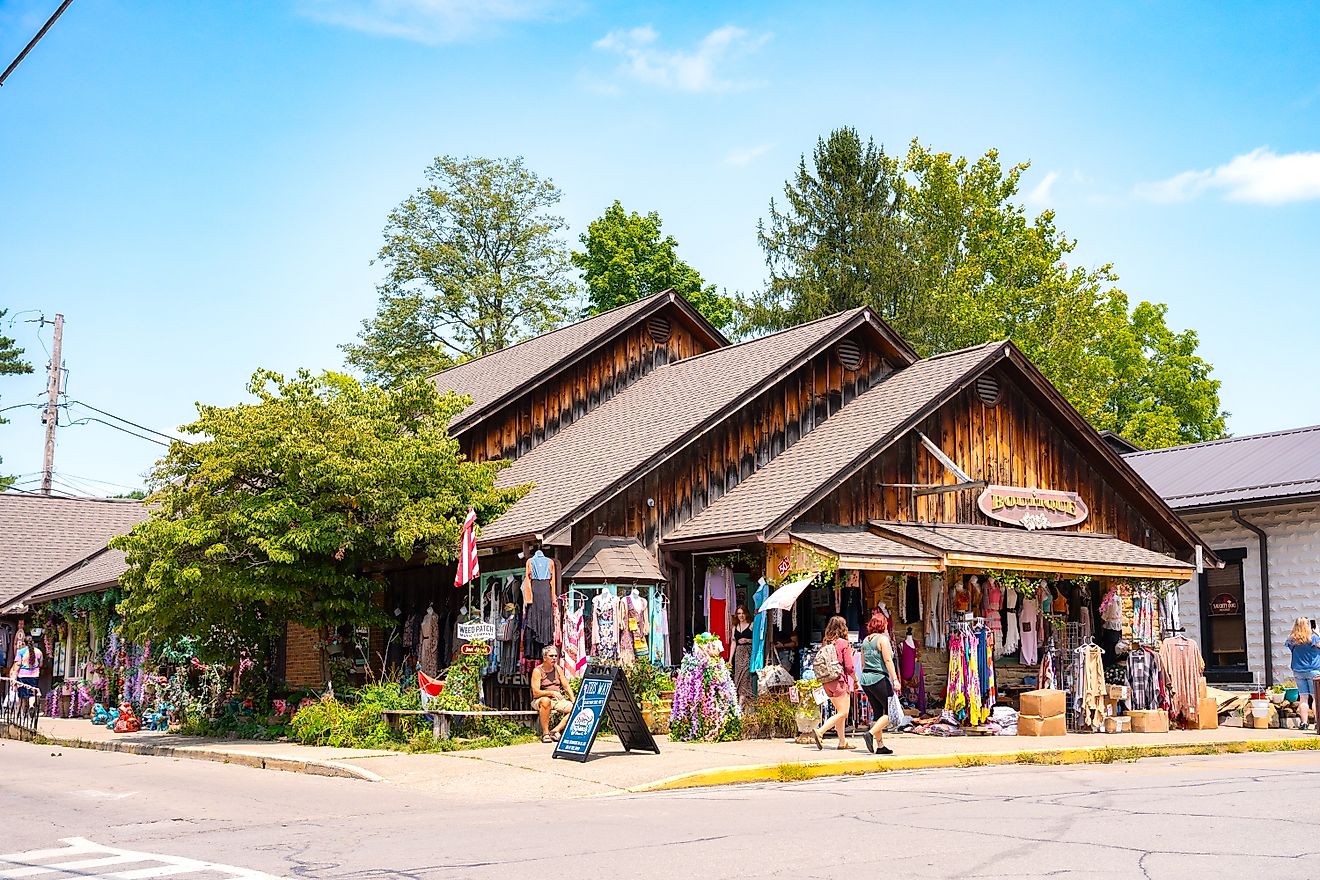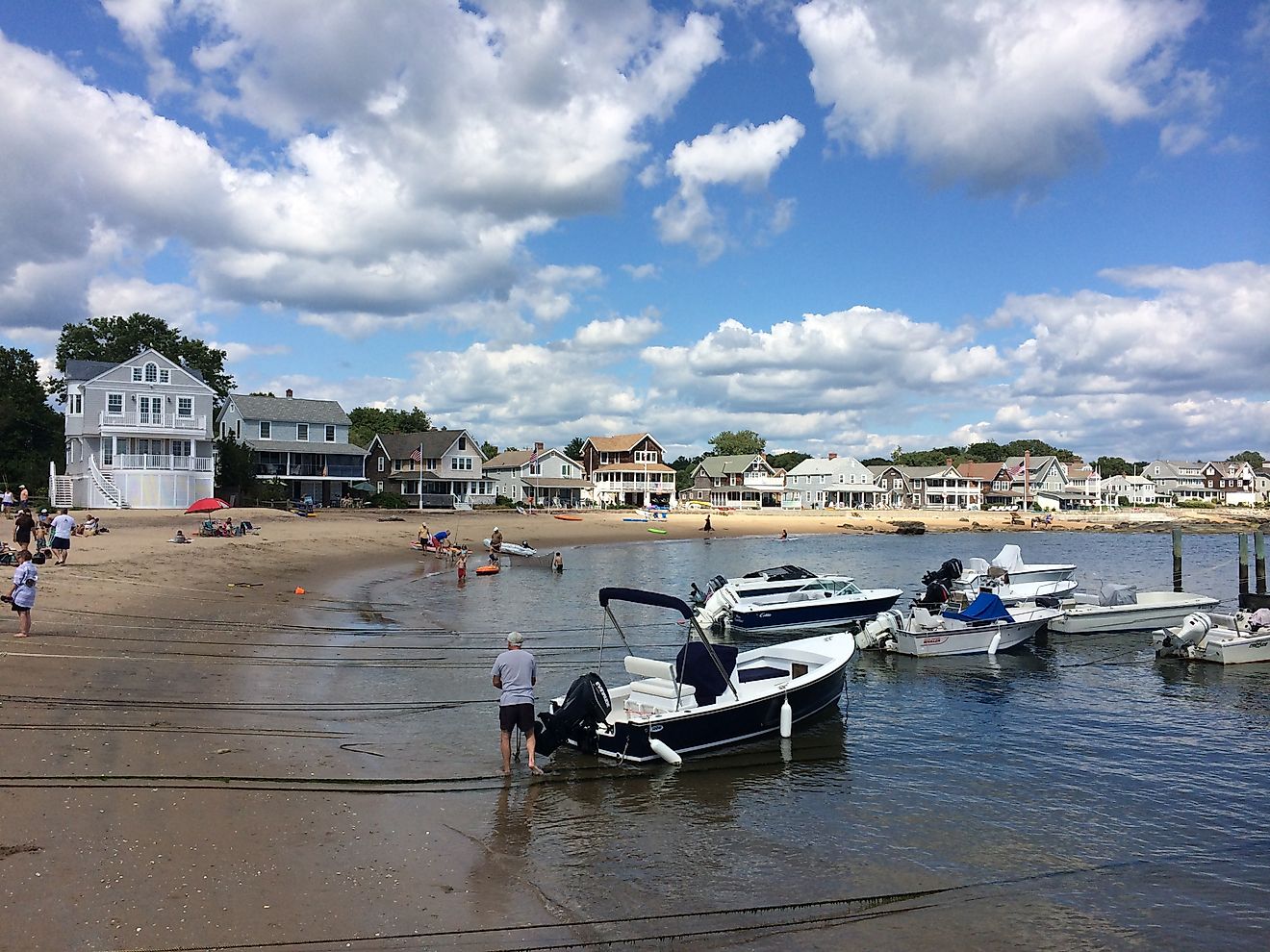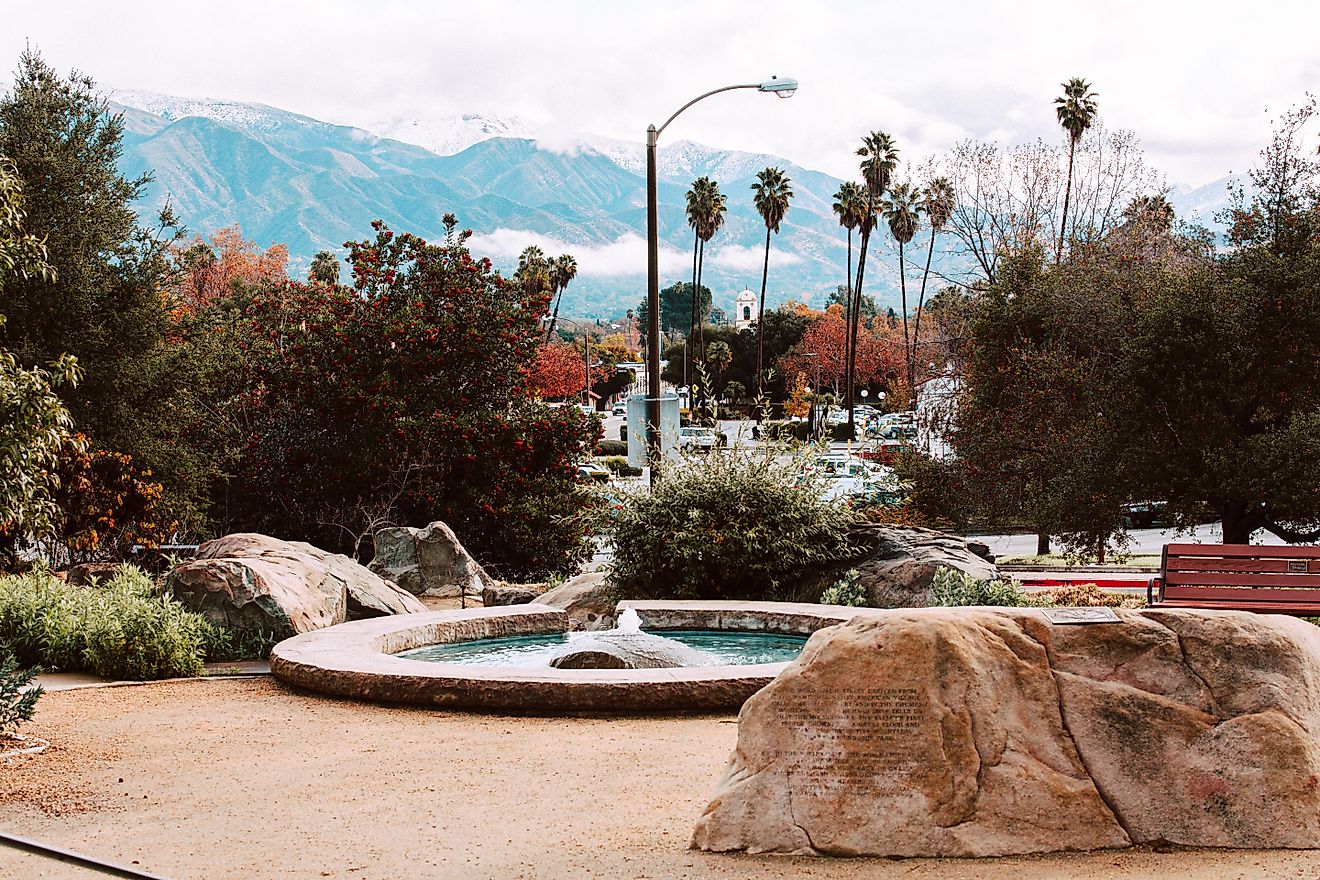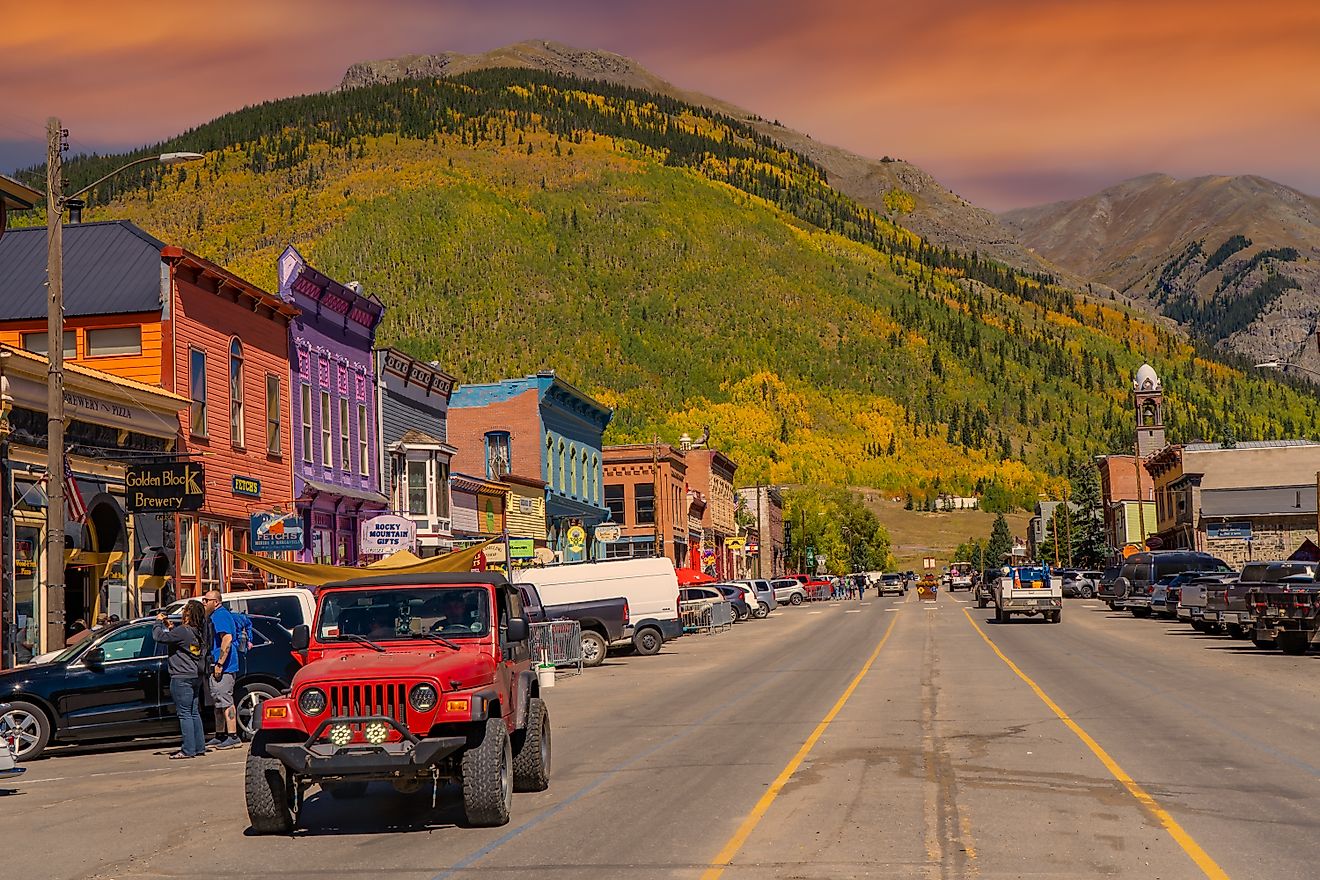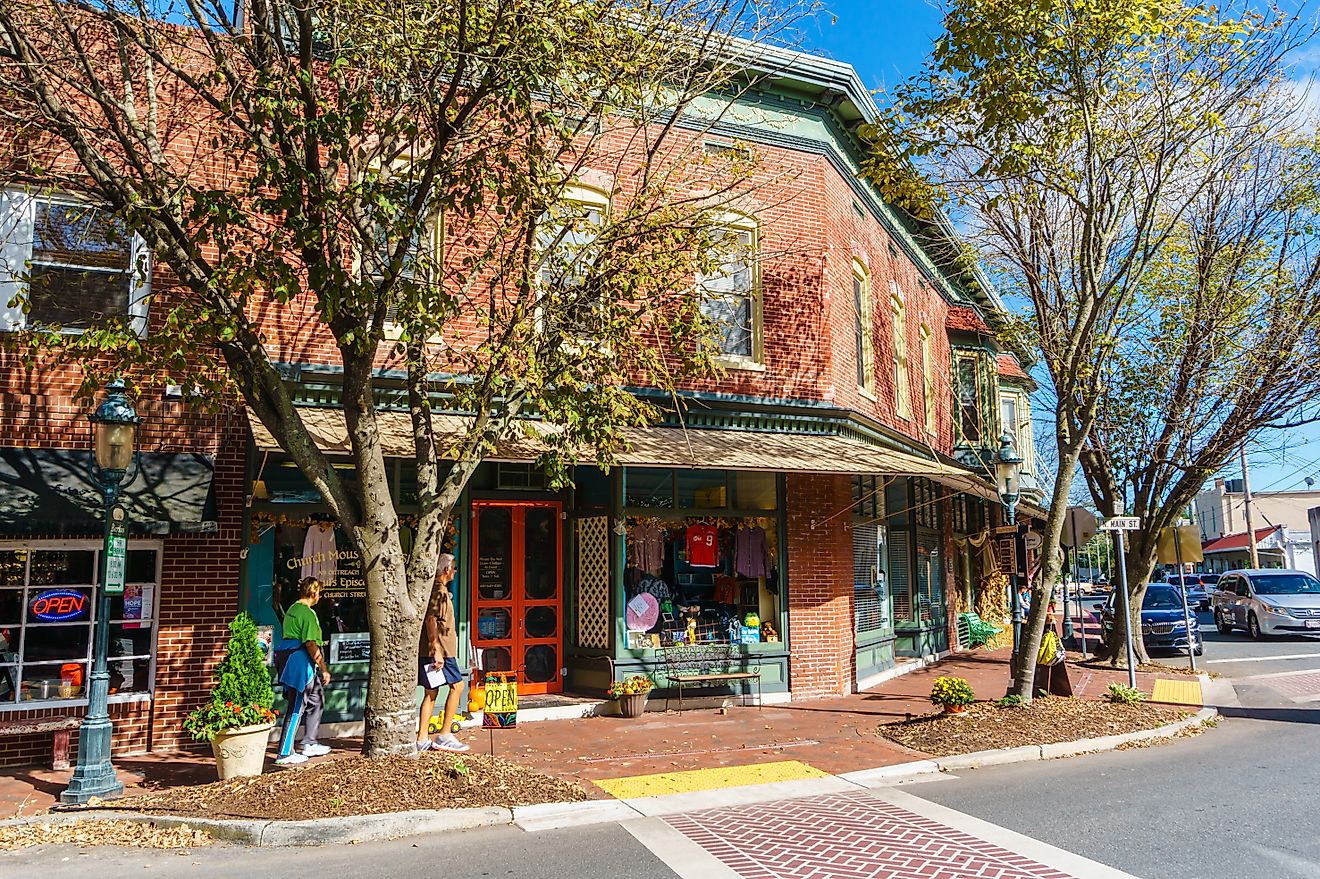
Pensacola, Florida
Pensacola is a city in the Florida Panhandle, in the United States of America. It is a seaport city on Pensacola Bay. It is the westernmost city in the handle and part of Escambia County. It has roughly 53,000 people and has one of the largest metropolitan areas on the gulf coast.
Geography And Landscape Of Pensacola

The city of Pensacola sits on the north side of Pensacola Bay, roughly 95 km from Mobile, Alabama, and 315 km from the capital of the state, Tallahassee. The estimated area of the city is 105 km2, 56% land, and 44% water. The city is slightly more protected from hurricanes than others along the Gulf Coast because the land naturally slopes up as it moves north of the bay. This means that it is less likely to be affected by storm surges, but severe weather has been recorded several times in the city.
The city of Pensacola sits on the north side of Pensacola Bay, roughly 95 km from Mobile, Alabama, and 315 km from the capital of the state, Tallahassee. The estimated area of the city is 105 km2, 56% land, and 44% water. The city is slightly more protected from hurricanes than others along the Gulf Coast because the land naturally slopes up as it moves north of the bay. This means that it is less likely to be affected by storm surges, but severe weather has been recorded several times in the city.
Early History Of Pensacola
The first recorded people living in the Pensacola Bay region were Muskogean-speaking indigenous people known as Pensacola. Additionally, traveling Creek people would trade with the Pensacola and were frequently found throughout what became the city.
The first Europeans to enter the region were Spanish explorers who arrived in 1528 and 1539. Because ships were the main mode of transportation throughout this time, Pensacola became one of the busiest ports in the Gulf of Mexico, as it had the deepest harbor, able to hold large ships with ease.
However, it was only in the 17th century that the Spanish began to establish a settlement in the area. This was only done for fear that the French colonies, established throughout much of the western Gulf coast, may overtake the Spanish land in Florida. As a result, a fortified town was created in 1698, including Fort Barrancas, which was the beginning of Pensacola.
Pensacola also became a somewhat progressive and interracial town much earlier than other cities along the coast. Due to the city's trading post nature, most Europeans were male. As such, many married or had relations with Pensacola, Creek, or African women, resulting in many mixed-race descendants known as mestizos and mulattos.

Similarly, the Spanish people made it known that fugitive slaves could take shelter in Pensacola and Florida more generally, including receiving freedom if they converted to Catholicism as declared by King Charles II of Spain. It resulted in a large population of former slaves in the Pensacola region.
In 1763, the British ceded the settlement after the Seven Years War. They established a colony called West Florida and declared Pensacola as the capital. The area remained very loyal to Britain for several years. Eventually, in 1781 as part of the American Civil War, a Battle of Pensacola occurred in which the Spanish forces captured West Florida and later officially ceded the land. The war of 1812 saw more battles in the area, and the result was the Adams–Onís Treaty, which involved Spain selling the Floridas to the United States for US$5 million. In 1821 Pensacola officially became part of the United States of America.
Climate And Storm Weather In Pensacola
Pensacola has a humid subtropical climate which means it has short, mild winters and hot, humid summers. This climate, paired with the geographical location of Pensacola, makes the area highly susceptible to hurricanes. Many notable storms have touched down in Pensacola, including Eloise in 1975, Frederic in 1979, Hurricane Juan, which hit in 1985, Hurricane Erin and Opal in 1995, Georges in 1998, the major Hurricane Ivan of 2004, Dennis in 2005, and Hurricane Sally in 2020.
Hurricane Ivan was one of the worst hurricanes to hit Pensacola in recent history. A huge storm surge crashed through Escambia Bay, flooding the surrounding area and also destroying much of the Escambia Bay Bridge. The storm caused some $6 billion worth of damage, and at least 10,000 homes were destroyed, and 27,000 were greatly damaged. This created a housing shortage and increased prices, greatly reducing the number of affordable housing options through the city.
Hurricane Dennis was thankfully not very destructive to the city itself, as it hit land east of the main habited area. High winds did cause issues across the downtown area, but the destruction was far less than from Hurricane Ivan. Hurricane Sally hit in September of 2020 and caused damage across Escambia County of up to $29 million and flooding downtown Pensacola.
Tourism And Culture In Pensacola

The city is a popular destination for travel, especially for those looking for warmer climates and ocean access. Scuba diving and deep-sea fishing are very popular in Pensacola, and there is even an intentionally sunken ship that has formed a reef offshore. The city is also full of history, and historical tours are common. Sites and memorials in the city include the Vietnam Veterans' Wall South, Fort Barrancas, Fort Pickens, the National Naval Aviation Museum, and the Pensacola Lighthouse and NAS Pensacola.
Festivals and cultural events are popular throughout Pensacola, and there are many annual events. The Pensacola Seafood Festival and the Pensacola Crawfish Festival are very popular and have been staples of the Historic District for some 30 years. Seville Square hosts the Great Gulfcoast Arts Festival, bringing in some 200 or more artists from surrounding areas. There is also a Children's Art Festival and the Pensacon comic convention, which draws roughly 25,000 tourists to the area.

Other cultural buildings include Pensacola Bay Center, Saenger Theater, Pensacola Little Theatre, Pensacola State College, University of West Florida, Vinyl Music Hall, and Loblolly Theatre. There is also the Pensacola Opera, Pensacola Children's Chorus, Pensacola Symphony Orchestra, Pensacola Civic Band, Pensacola Bay Concert Band, and the Choral Society of Pensacola, as well as Ballet Pensacola. Whether enjoying the Gulf Coast weather, diving offshore or soaking in some culture, there is something for everyone to enjoy in Pensacola.
